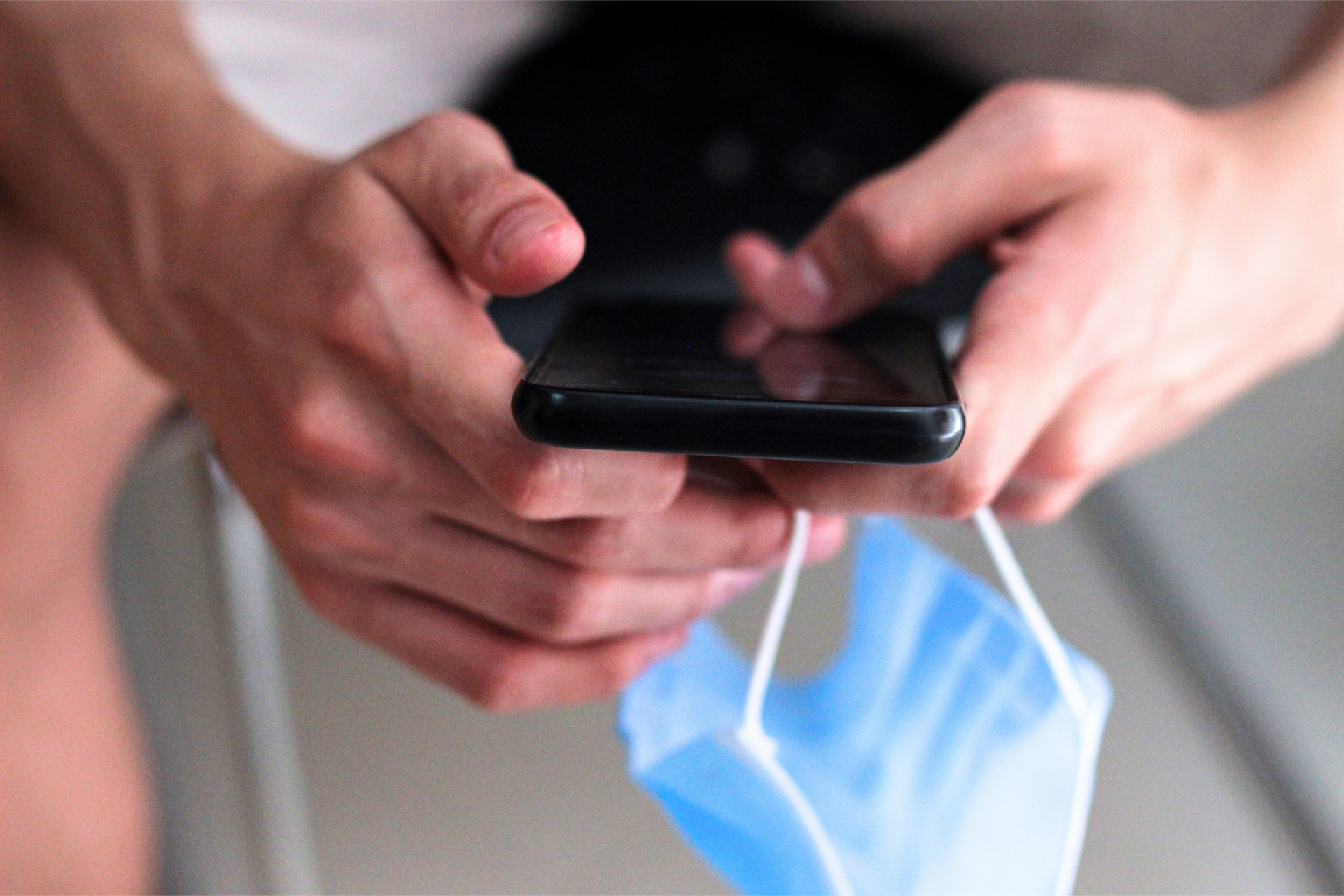EU Health Award Shortlist

In 2021, Solentra made the EU Health Award shortlist with our free psychological helpline for refugees and asylum seekers. The award was handed out to community initiatives that alleviated the pandemic’s impact on the mental health of their communities.
Listening and reducing stress
The pandemic hit society’s most vulnerable groups particularly hard. This was certainly the case for asylum seekers and people with a refugee background. They had less access to accurate information and were often isolated at home, densely packed in asylum centres or living in the streets.
Moreover, when daily routines halted during lockdowns, they suddenly found themselves with a lot of time on their hands to reflect back on traumatic experiences. This led to additional stress, panic attacks and psychosocial problems.
In order to continue offering much-needed psychological support during the pandemic, Solentra set up a free phone helpdesk. This way, our target group could directly contact our ethnopsychologists in Arabic, Dari, Farsi and Spanish.
The psychologists listened to their questions and concerns, and taught them techniques and exercises to reduce stress and anxiety. They also reinforced the clients’ resilience as much as possible.
“Through the free helpdesk, we were able to provide an efficient and effective psychological care offer for a vulnerable target group that is sometimes hard to reach (no fixed place of residence, language and cultural barriers …), does not have access to mainstream care or does not find appropriate help there when confronted with additional stress”, said Geert Serneels, Director of Solentra.
151 calls answered
Solentra advertised for the helpdesk through refugee support organisations, through reception centres and directly to the target group by handing out flyers on the streets.
Over the following 10 months, Solentra received 151 calls. The most common complaints were stress, insomnia, worrying, anxiety, feelings of depression and feelings of helplessness.
“Stress reduction can strengthen the immune system. This in turn reduces our clients’ risk of getting corona or developing other health problems”, explained Faraneh Behestian, Clinical Pscyhologist at Solentra. “In addition, the hotline provided crucial support in dealing with domestic violence and conflict, which intensified during the pandemic.”
Thanks to the helpdesk, our psychologists were also able to detect serious problems early on: they signed up 44 percent of callers for further psychological follow-up via video link.
Our social impact measurement showed that the majority of callers were satisfied with the quality of the call. They reported they had received useful advice and information, experienced mental peace and felt more hopeful about the future, as well as less alone and more in control of their emotions and lives.
When the corona measures relaxed in March 2021, Solentra transformed the helpdesk into a permanent stress reduction offer by phone. People with refugee backgrounds can follow three free sessions after referral by a direct counsellor or care provider.